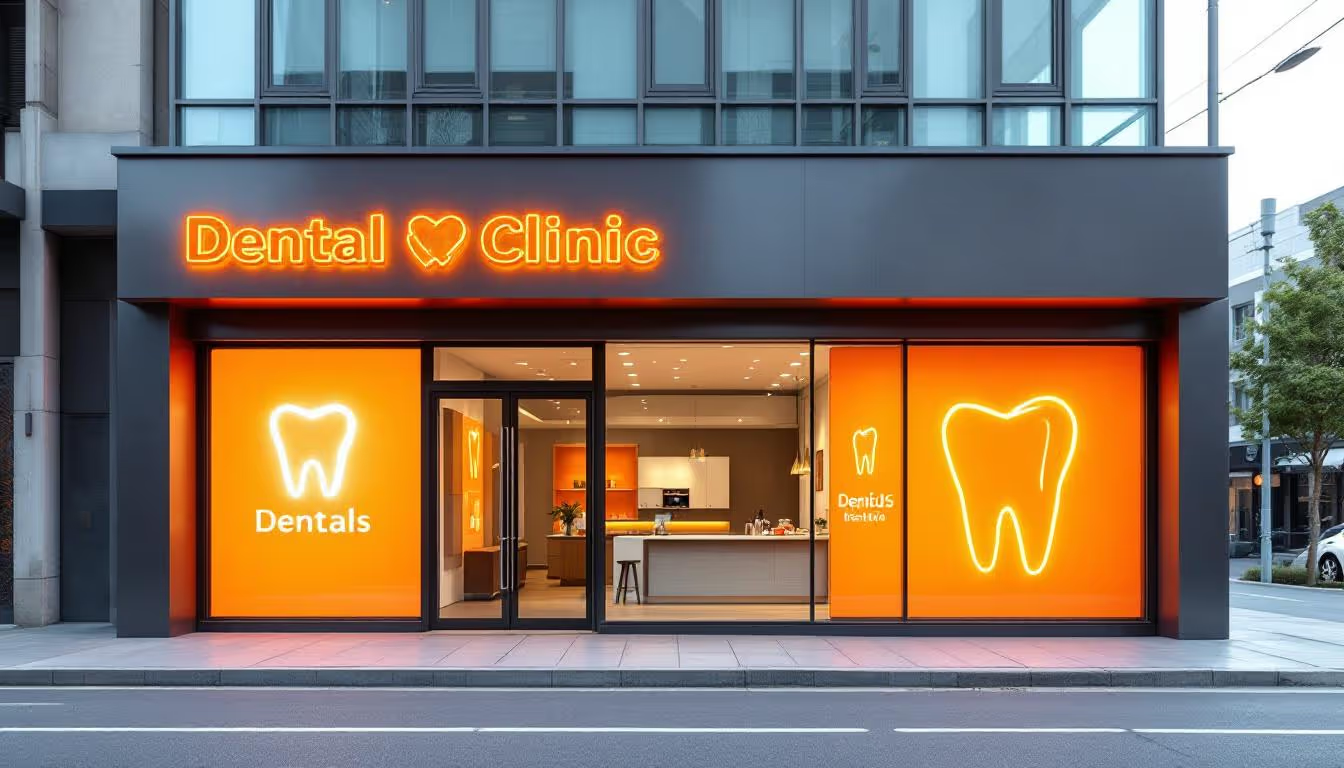SEO for Dentists: A Complete Guide
Maximizing Your Dental Practice's Visibility in the Digital Age


SEO for Dentists: A Complete Guide
The Essential Role of SEO in Modern Dentistry
In an increasingly digital world, Search Engine Optimization (SEO) has become a vital component for dental practices aiming to attract new patients, build reputation, and outperform local competitors. This comprehensive guide explores the critical facets of SEO tailored specifically for dentists, including strategies for keyword research, website optimization, local SEO, content marketing, technical considerations, and ongoing performance measurement. Whether you operate a single clinic or multiple locations, understanding and implementing effective SEO practices can significantly increase your online visibility and practice growth.
Understanding the Fundamentals of Dental SEO

What is dental SEO?
Dental SEO (Search Engine Optimization) is the process of optimizing a dental practice’s online presence to improve its ranking in search engine results like Google and Bing. The goal is to increase visibility for potential patients searching for dental services in their local area.
This involves various tactics such as keyword research, on-page optimization, local SEO strategies, content marketing, link building, and technical website improvements. By effectively implementing these methods, dental practices can attract more local patients actively seeking dental care.
Why SEO matters for dentists
Today, many prospective patients turn to search engines when looking for dental providers. In fact, over 1.2 million Google searches for 'dentist near me' occur every month in the U.S.
Having a strong SEO strategy ensures your practice appears prominently in local searches, making it easier for new patients to find your services. Higher rankings boost website traffic, increase appointment inquiries, and strengthen your online reputation.
An optimized online presence also builds trust; patients are more likely to choose a practice that ranks well and has positive reviews. Moreover, SEO is cost-effective compared to traditional advertising and offers sustainable growth over time.
The impact of online searches on patient acquisition
The majority of patients research healthcare providers, including dentists, through online searches. The visibility your practice gains through SEO directly correlates with new patient inquiries and bookings.
For instance, optimizing your Google My Business profile, gathering positive patient reviews, and creating relevant, high-quality content can substantially enhance your local search rankings.
This increased visibility not only drives more traffic to your website but also reinforces your reputation as a trusted local dental provider. Consequently, SEO plays a pivotal role in growing your patient base and maintaining a competitive edge in your community.
How effective keyword research supports dental SEO
An essential aspect of building a successful dental SEO strategy is conducting thorough keyword research. Practices should identify keywords with high search volume, low competition, and clear intent that relate to their services.
Tools like Google Keyword Planner, SEMrush, or Ahrefs help uncover popular search terms such as "dentist near me," "dental implants," or "teeth whitening." Incorporating these keywords naturally into your website content, titles, meta descriptions, and URLs improves relevance and ranking.
Focusing on local keywords is especially critical for dental practices. Including geo-specific terms like the city or neighborhood name ensures your practice appears in relevant local searches.
Continuous monitoring and refining of keyword strategies help attract targeted traffic, leading to higher conversion rates and patient inquiries.
Basic website optimization techniques for dental practices
Optimizing your dental website enhances its visibility and user experience. Core techniques include:
- Speed optimization: Compress images, leverage browser caching, and use a Content Delivery Network (CDN) to ensure fast load times.
- Mobile responsiveness: Implement a mobile-friendly design, as most searches occur on mobile devices.
- Clear site structure: Use logical navigation, descriptive URLs, and internal linking to help search engines understand your site.
- High-quality content: Regularly update your site with informative blog posts, service pages, and FAQs tailored to patient needs.
- On-page SEO: Optimize titles, meta descriptions, header tags, and image alt text with relevant keywords.
- Structured data: Use schema markup to provide search engines with detailed information about your practice, such as location, hours, and reviews.
These optimizations not only improve your rankings but also enhance the overall user experience.
Implementing local SEO for dentistry practices
Local SEO strategies are vital because they target patients nearby seeking dental services. Key tactics include:
- Google Business Profile optimization: Claim and verify your profile, add accurate information, high-quality photos, and encourage patient reviews.
- Visibility in local directories: Ensure your practice is listed correctly across popular online directories like Yelp, Healthgrades, and industry-specific sites.
- Consistent NAP information: Maintain uniform Name, Address, and Phone Number details across all platforms.
- Localized content: Create blog posts and service pages targeting local keywords.
- Reviews management: Actively solicit and respond to reviews to boost reputation and rankings.
- Structured data markup: Use schema to enhance local search presentation.
Focusing on these strategies helps your practice appear prominently in local search results, attracting nearby patients.
Monitoring and measuring SEO success
Effective SEO requires ongoing tracking and analysis. Use tools like Google Analytics, Google Search Console, and specialized platforms like SEMrush or Ahrefs to monitor:
- Impressions and clicks: Assess how often your site appears in search results and how many users click through.
- Traffic sources: Identify which channels drive most visitors.
- Conversion metrics: Track phone calls, contact form submissions, and appointment bookings.
- Keyword rankings: Monitor the positions of your targeted keywords.
- Reviews and reputation: Keep an eye on patient feedback.
Regular analysis allows you to identify what strategies are working and where improvements are needed. Adjust your tactics accordingly to improve your SEO performance and ROI.
Collaborating with SEO professionals
While basic knowledge of dental SEO helps, partnering with reputable SEO agencies or experts ensures comprehensive, long-term success. Reputable professionals bring experience, proven strategies, and transparency.
When choosing an SEO partner, look for:
- Clear communication
- Transparent processes
- Proven results in dental or local SEO
- Customized strategies aligned with your practice goals
Investing in professional SEO services can significantly enhance your online visibility, attract more patients, and grow your practice.
Achieving Long-Term Success with Dental SEO
Implementing a robust dental SEO strategy is essential for practices seeking sustained growth and a competitive edge. By investing in technical, local, and content SEO, and continually monitoring performance, dentists can significantly boost their online visibility, attract new patients, and establish a trusted reputation in their community. Remember, SEO is an ongoing process that evolves with search engine algorithms and patient behaviors. Partnering with experienced SEO professionals or agencies can optimize results and streamline efforts, ensuring your practice stays at the forefront of digital marketing.
References
- SEO for Dentists: The Definitive Guide for 2025
- SEO for Dentists: An Easy to Follow Guide +Examples & Expert Tips
- The Complete Guide to SEO for Dentists | Wishpond
- SEO for Dentists: Your Complete Guide in 2025 | Hurrdat Marketing
- SEO For Dentists: The Ultimate Guide - DDSRank
- The Complete Guide to SEO for Dental Practices
- Dental SEO: The Definitive Guide to SEO for Dentists in 2025
- SEO for dentists: A step-by-step guide - SE Ranking
- Local SEO for Dentists: The Definitive Guide From Weave
- SEO For Dentists: Complete Guide To Your Online Presence







